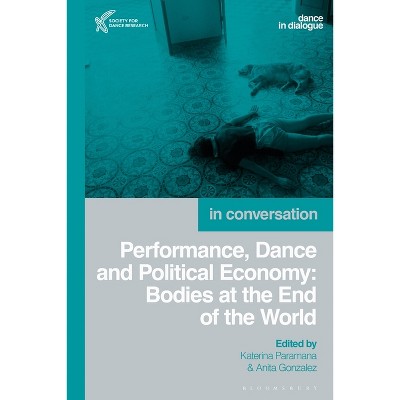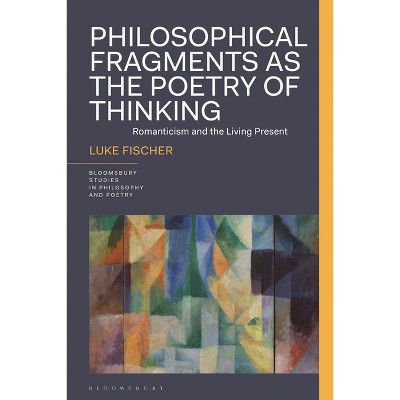Empathy and the Aesthetic Mind - by Katerina Bantinaki & Efi Kyprianidou & Fotini Vassiliou (Hardcover)

About this item
Highlights
- Empathy is widely acknowledged as a central, if not necessary, mechanism for understanding works of art, and even as the mode of engagement that mediates art's edifying effects.
- About the Author: Katerina Bantinaki is Assistant Professor of Aesthetics and Philosophy of Art at the University of Crete, Greece.
- 280 Pages
- Philosophy, Aesthetics
Description
About the Book
-Explores empathy across the arts, as well as cognitive and moral dimensions of aesthetic empathy.Book Synopsis
Empathy is widely acknowledged as a central, if not necessary, mechanism for understanding works of art, and even as the mode of engagement that mediates art's edifying effects. Bringing together 15 essays by established scholars, this volume probes the character and role of empathy in our engagement with different forms of art, but also the value of such engagement for cognition, our emotive life, and our moral stance.
Opening with a historical reconstruction of the origins of the concept of empathy, the volume develops in four parts that explore in turn our empathic engagement with fictional characters, the cognitive value of such engagement, its relevance for moral agency, as well as the thorny issue of empathic engagement with the inanimate in art, focusing on music and architecture. With an interest in both aesthetics and philosophy of mind, the volume provides an in-depth discussion of these themes, giving careful attention to historical, systematic, and interdisciplinary perspectives.
Review Quotes
"By bringing together some of the best thinkers in philosophical aesthetics, this volume offers a valuable pluralistic understanding of the value of empathy across a diverse range of artforms from literature to videogames to music to architecture. An important read for anyone grappling with issues of perspective-taking, character engagement or the imagination." --Karen Simecek, Associate Professor, University of Warwick, UK
About the Author
Katerina Bantinaki is Assistant Professor of Aesthetics and Philosophy of Art at the University of Crete, Greece.
Efi Kyprianidou is Assistant Professor in Aesthetics, Philosophy and Theory of Arts at Cyprus University of Technology, Cyprus. Fotini Vassiliou is Assistant Professor in Phenomenology at the National and Kapodistrian University of Athens, Greece.Shipping details
Return details
Trending Book Pre-Orders











